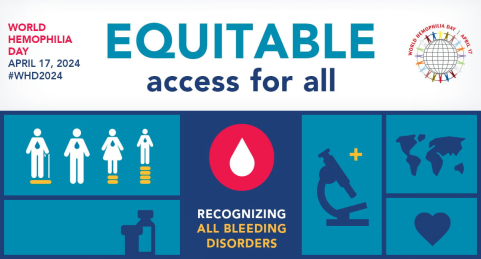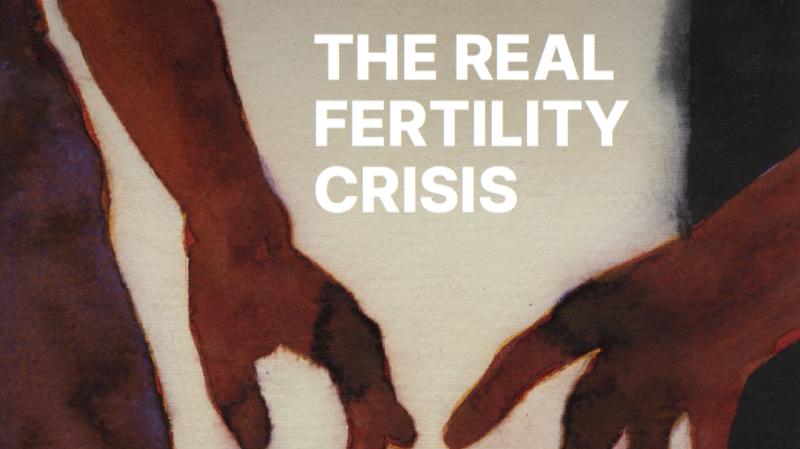- Courses
- GS Full Course 1 Year
- GS Full Course 2 Year
- GS Full Course 3 Year
- GS Full Course Till Selection
- MEP (Mains Enrichment Programme) Data, Facts
- Essay Target – 150+ Marks
- Online Program
- GS Recorded Course
- NCERT- First Ladder
- Polity
- Geography
- Economy
- Ancient, Medieval and Art & Culture AMAC
- Modern India, Post Independence & World History
- Environment
- Governance
- Science & Technology
- International Relations and Internal Security
- Disaster Management
- Ethics
- Current Affairs
- Indian Society and Social Issue
- CSAT
- 5 LAYERED ARJUNA Mentorship
- Public Administration Optional
- ABOUT US
- OUR TOPPERS
- TEST SERIES
- FREE STUDY MATERIAL
- VIDEOS
- CONTACT US
World Hemophilia Day 2024
World Hemophilia Day 2024
16-04-2024

- Observed on: 17th April every year.
- To call upon government officials and local policy makers to promote better control and prevention of hemophilia as well as provision of better treatment and care.
- Theme: “Equitable access for all: recognizing all bleeding disorders”.
- Emphasizes treatment for all and envisions a society in which every person with hereditary bleeding disorders has access to care, regardless of their bleeding status, sex, age, or location.
- History:
- In 1803, Dr. John Conrad Otto of Philadelphia began researching "bleeders", eventually concluding that the disease was transmitted from mothers to sons.
- In 1937, hemophilia was classified as a type A or B genetic disorder.
- World Haemophilia Day was first observed on 17 April 1989 by the World Federation of Haemophilia (WFH) to honor the birthday of WFH founder Frank Schnabel.
- Significance:
- Bringing together individuals, organizations and health care professionals to raise awareness of hemophilia and its impact on the lives of those affected.
- It provides an opportunity to educate the public about the condition, its symptoms and available treatments.
- It serves as a platform to advocate for better diagnosis, accessible care, and prevention strategies for individuals with bleeding disorders.



